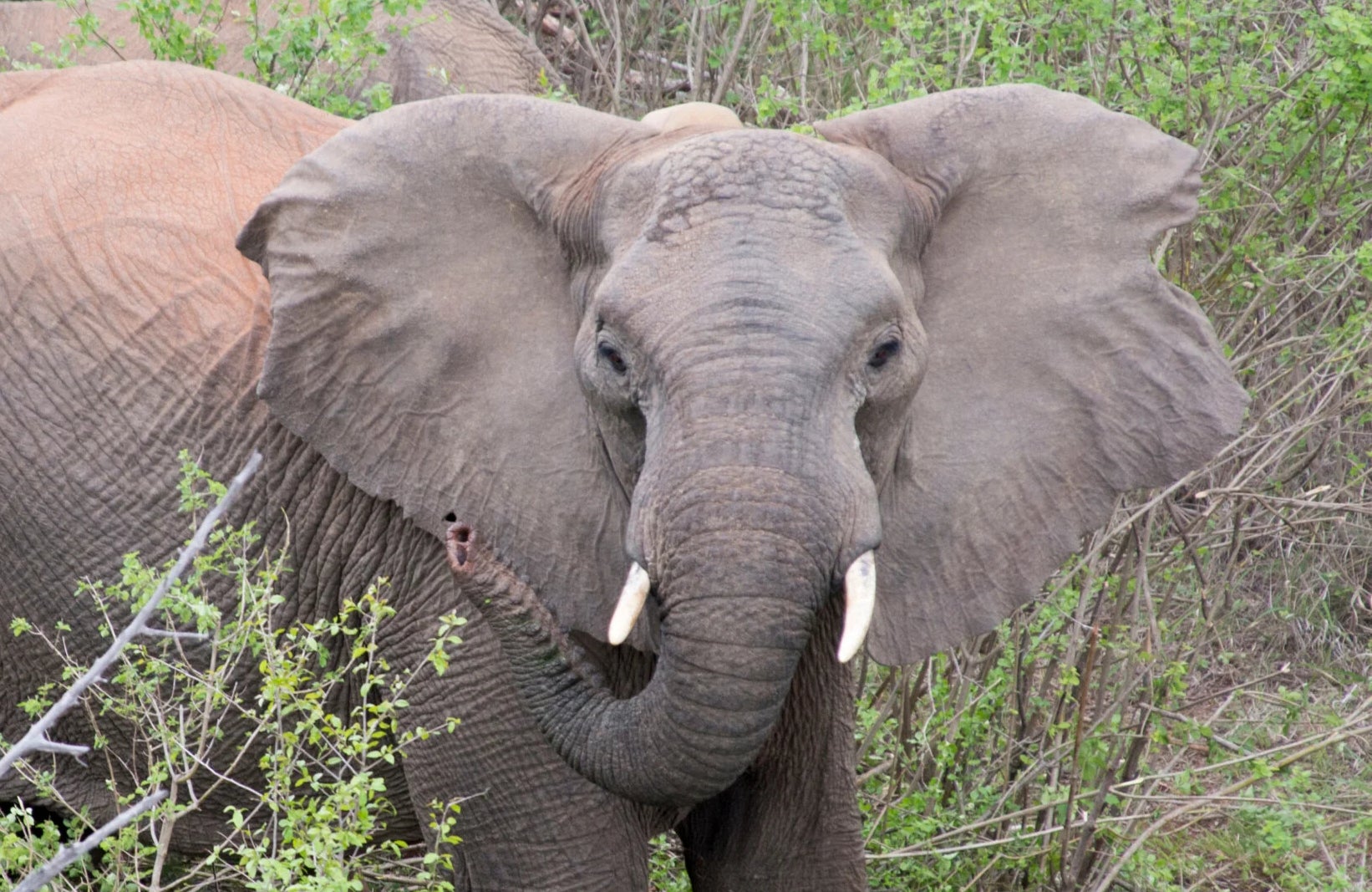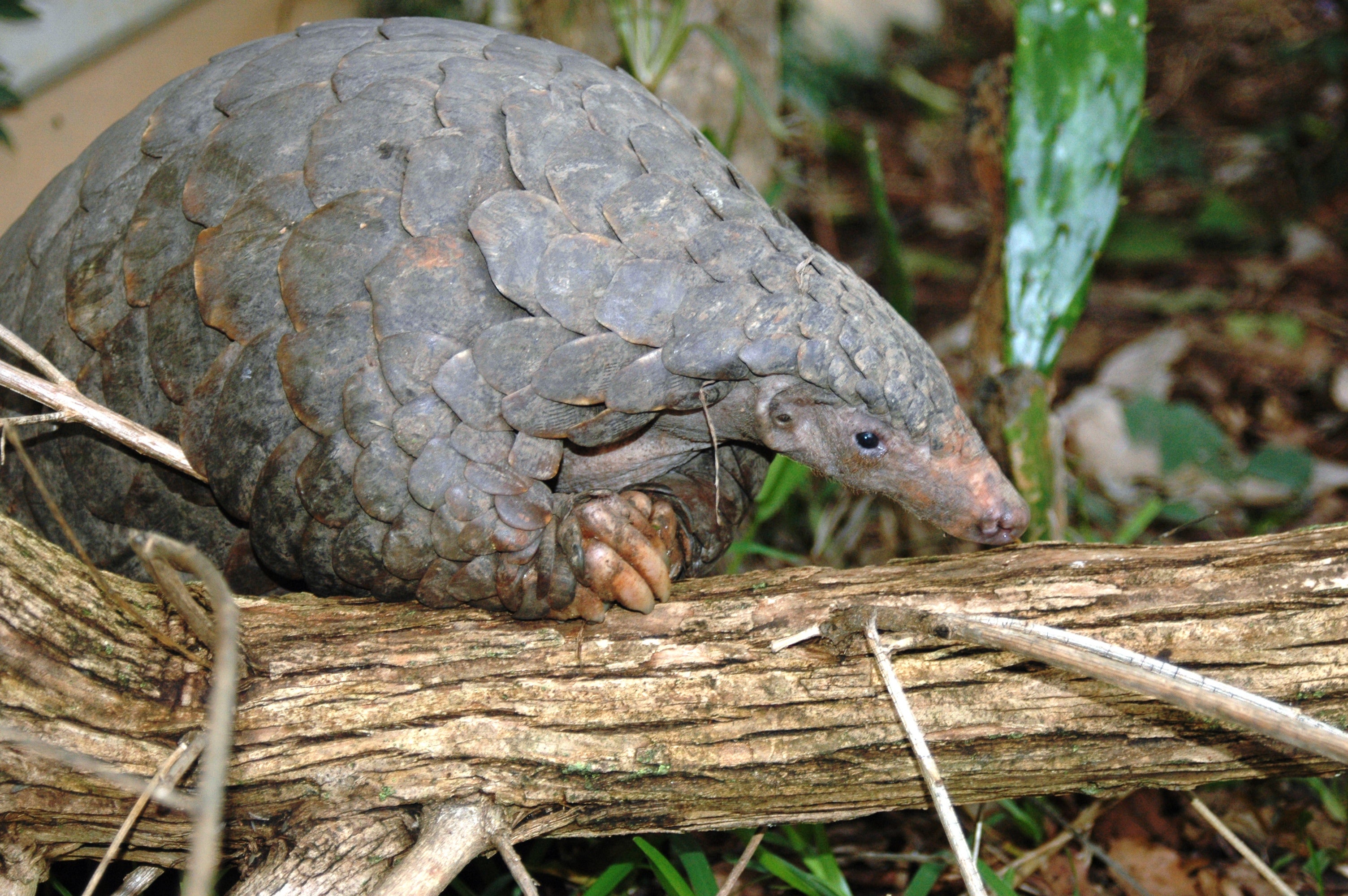
PETEN, Guatemala—Thirty-six wild animals, who were rescued from adverse situations including the illegal pet trade, returned to their natural habitat in the Peten jungle, Guatemala, thanks to the joint work of non-governmental organizations Asociacion Rescate y Conservacion de Vida Silvestre (known as ARCAS) and Humane Society International/Latin America.
Six coatis, eight chachalaca birds, seven opossums, five pygmy owls, three kinkajous and two gray falcons, among others, were released in the Mayan Biosphere Reserve, after undergoing an intense rehabilitation process, and with the authorization of the Guatemalan National Council of Protected Areas or CONAP.
Many of these wild animals were illegally removed from their wild habitat to be used as pets. For example, a rescued woolly opossum, whose fur changed color (from brown to almost completely white) because of the inappropriate food provided by the local family that kept him.
Fernando Martinez, director of ARCAS Peten, said: “After carefully monitoring the opossum’s diet and keeping them away from human contact, the fur returned to its natural color and the animal no longer sought human interaction. We also released a white falcon who came to the rescue center with damaged feathers and a leg injury, as it had apparently been tied up for a few days. After treating the wound, its feathers regenerated and the bird once again had the appropriate plumage to fly and return to freedom.”
Andrea Borel, executive director of Humane Society International/Latin America said: “The capture of wild animals for the national and international pet trade is a real problem in Guatemala. These animals are often kept in cramped, inadequate conditions not suitable for their species and denied the ability to exhibit their natural behaviors which can further cause them physical and psychological distress.”
“By supporting and working with our local partner, ARCAS, in rescue, rehabilitation and release efforts, these animals are being returned to freedom and their wild populations are being increased to ensure future breeding in their natural habitat where they belong. We also work together on raising awareness to urge citizens not to buy wild animals as pets and to report any such suspicious activity to the authorities.”
ARCAS carries out the physical, medical and behavioral rehabilitation of victims of wildlife trafficking and exploitative human activities, under strict animal welfare standards. HSI/Latin America and ARCAS have been working together in wildlife protection and conservation in Guatemala since 2007.
ENDS
Media contact: Wendy Higgins, HSI’s director of international media: whiggins@hsi.org


